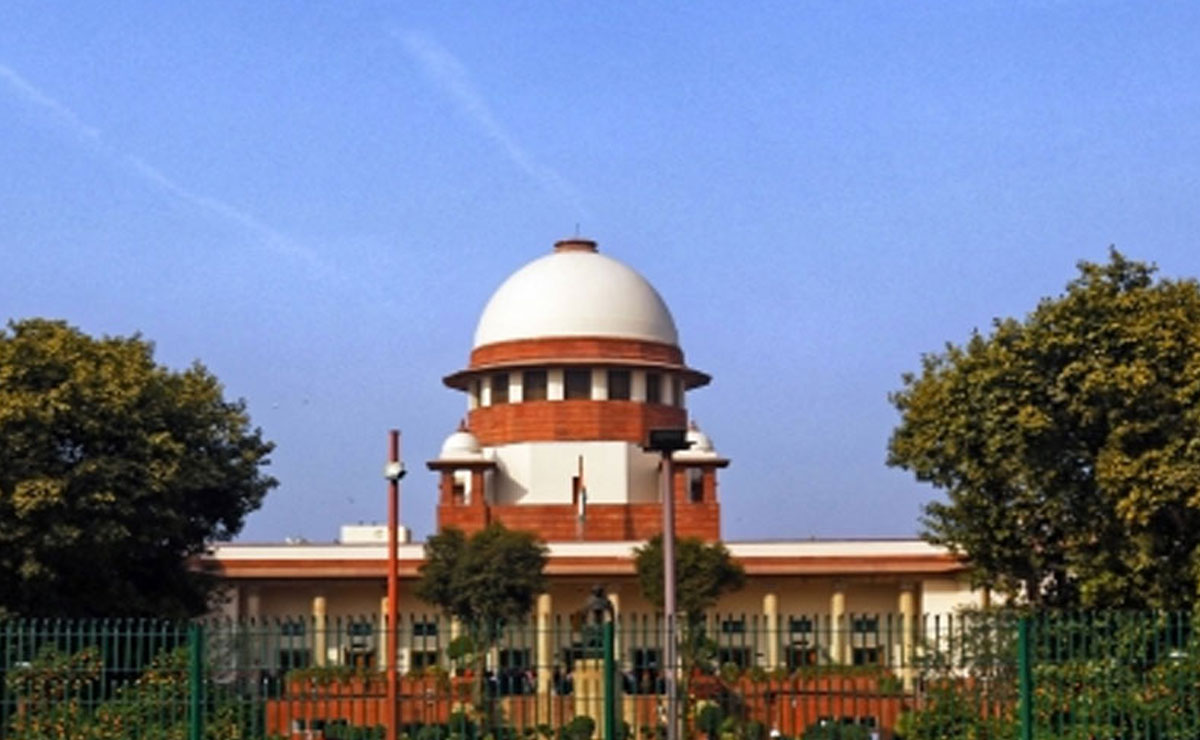SC orders regularization of 6 UP daily-wage employees, castigates exploitative ‘ad-hocism’ New
he Supreme Court has ordered the Uttar Pradesh government to regularise six daily-wage Class-IV employees who had been serving in the state higher education services commission since the early 1990s.

Delhi: The Supreme Court has ordered the Uttar Pradesh government to regularise six daily-wage Class-IV employees who had been serving in the state higher education services commission since the early 1990s.
Castigating the state government for decades of exploitative “ad-hocism”, a Bench of Justices Vikram Nath and Sandeep Mehta quashed the government order that had refused sanction for permanent posts on the ground of financial hardships.
The Justice Nath-led Bench, observing that the state government’s plea of financial constraints cannot justify prolonged denial of regularisation, said, “the State is not a mere market participant but a constitutional employer. It cannot balance budgets on the backs of those who perform the most basic and recurring public functions.”
Also Read: ‘Maharani’ Huma Qureshi takes over London
“We believe that a non-speaking rejection on a generic plea of ‘financial constraints’, ignoring functional necessity and the employer’s own long-standing reliance on daily wagers to discharge regular duties, does not meet the standard of reasonableness expected of a model public institution,” it added. The apex court observed that its present judgement in favour of the petitioners does not run contrary to its earlier precedent barring regularisation of irregular appointments, since the present case was about “the State’s arbitrary refusals to sanction posts despite the employer’s own acknowledgement of need and decades of continuous reliance on the very workforce”.
It asked the Uttar Pradesh government and the U.P. Education Services Selection Commission to regularise the petitioner-employees with effect from April 24, 2002, by creating supernumerary posts if necessary.
The Justice Nath-led Bench further directed that these employees be paid arrears of pay and allowances, recalculated pensions for retirees, and terminal dues for deceased employees’ families. “The long-term extraction of regular labour under temporary labels corrodes confidence in public administration and offends the promise of equal protection,” it observed.

